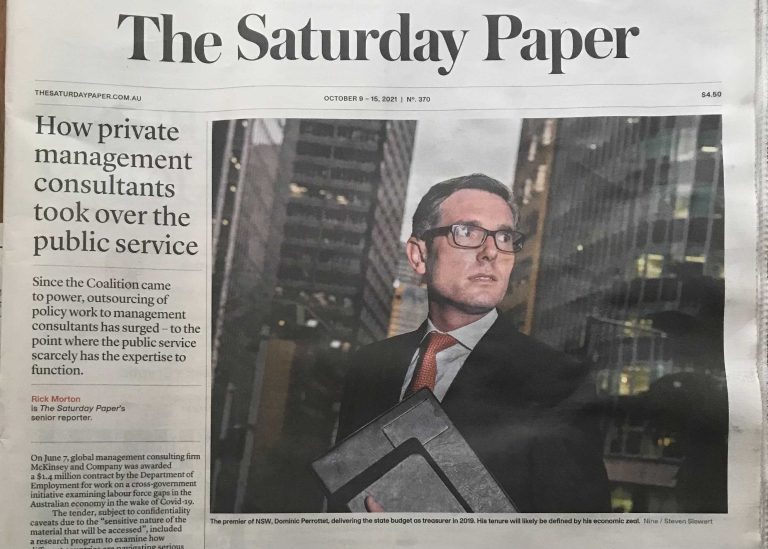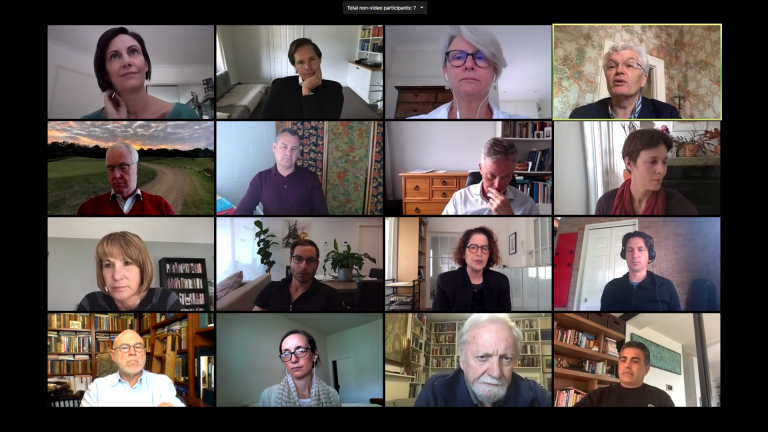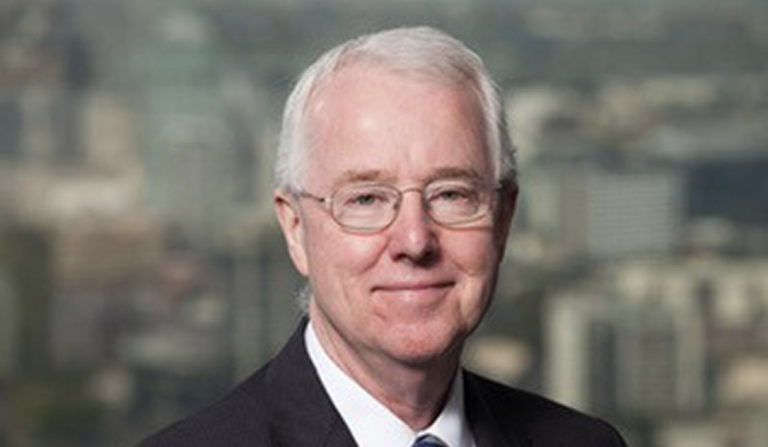The publication on Monday of details of the extravagant expense claims of former NSW politicians should be another nail in the coffin of an era of taxpayer largess that has no place in this country or in this age. At a time when the State government is crying poor to justify funding cuts in areas such as education, infrastructure spending and public health – all areas of critical concern to the citizens of NSW – what possible justification can there be for an extravagant outflow of taxpayer money into the pockets of former politicians?
| [adsense:234×60:1:1] |
According to the published figures Messrs Carr, Greiner and Wran alone claimed expenses of $438,683, $393,183 and $367,994 respectively, a total of about $1.2 million. For what? They each made a rapid transition from public officer to private marketeer and each has reaped considerable monetary benefit from the status we gave them by electing them: surely if they want to have a car, an uptown office, a personal secretary and a personal driver they can afford to pay for them themselves? Could that money not have been better spent on improving hospital services? On air-conditioning remote school classrooms? On supporting drought stricken farmers? On water recycling?
And these figures do not count the concessionally taxed and generously indexed pensions our former parliamentarians receive. Just how much does this menagerie cost us to maintain? What do we get for our money? Why is a detailed explanation not required and published as a matter of course? Why should the expenses figures have to be extracted through a Freedom of Information request?
What can we do about these extravagant expense claims?
It is about time politicians recognised that if they choose to seek public office they do so to contribute to the good of the State and the welfare of its citizens, not to obtain a ticket to a lifelong gravy train. Once their term of office expires so should any taxpayer funding, apart perhaps from reimbursement of limited, properly verified expenses incurred wholly and solely in the course of performing public duties for the State at the request of the State.
 |
| Image from sxc |
What can we do about generous superannuation entitlements?
As well as reaping the profits of their private marketeering our former politicians have the benefit of generous superannuation pensions underwritten by us. Under Mr Carr these superannuation pension benefits were pulled more into line with the rest of the community, but only taking effect from the 2007 elections. The entitlements of politicians serving before then – including Mr Carr, and most of the current sitting members – have not been affected by the changes.
So if the voters and taxpayers of NSW decide to re-elect current members (or former members who are re-elected after a break of no more than three months) then the status quo remains for them and they will all continue to receive a pension, payable after seven years service, at a rate of 48.8 per cent if the current basic Parliamentary salary for a private member. The rate increases by 0.2 per cent of salary for each extra month of service, until, at 20 years service, it reaches the maximum of 80 per cent of the current basic salary rate. The rate is then also increased by the ratio of total salaries received (including payment for serving as a minister) to total basic salary received. Only members joining the scheme after 6 December 1999 must attain a minimum age of 55 before a retirement pension may be paid. Under the current scheme, the Crown (which is to say, we taxpayers) is required to pay an amount equal to 47.6 per cent of their salaries over the period of actual service to be able to fully fund their retirement benefits. Actual funding has not matched the accruing cost.
But the legislation does give the voters and taxpayers of NSW an answer; it gives us the power to call a halt to the accruing financial drain of these superannuation benefits. How? The new superannuation benefit rules give new members of parliament benefits much more in line with the rest of us , with a 9 per cent government employer contribution applying to new members from the March 2007 State Election. As the new superannuation benefit rules apply to new members from the 2007 elections, what we must do is sweep Parliament clean of any currently sitting politicians who do not earn their keep. Before you vote for any sitting member think very carefully about whether the representation you get from that person is worth what we all have to pay for that representation.
At a time when we need every dollar we have to face the economic, health, educational, ageing and environmental challenges that are just around the corner, do we really have a choice but to look critically at what value we get from our elected representatives?



